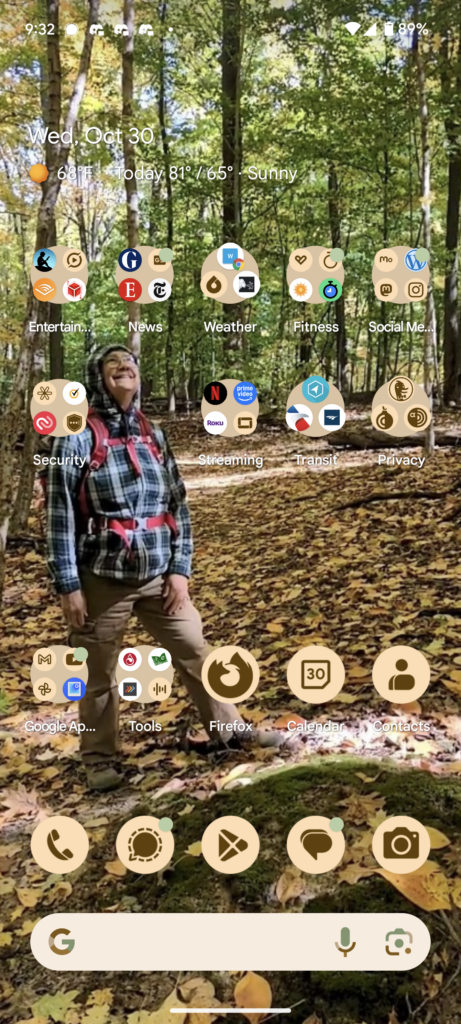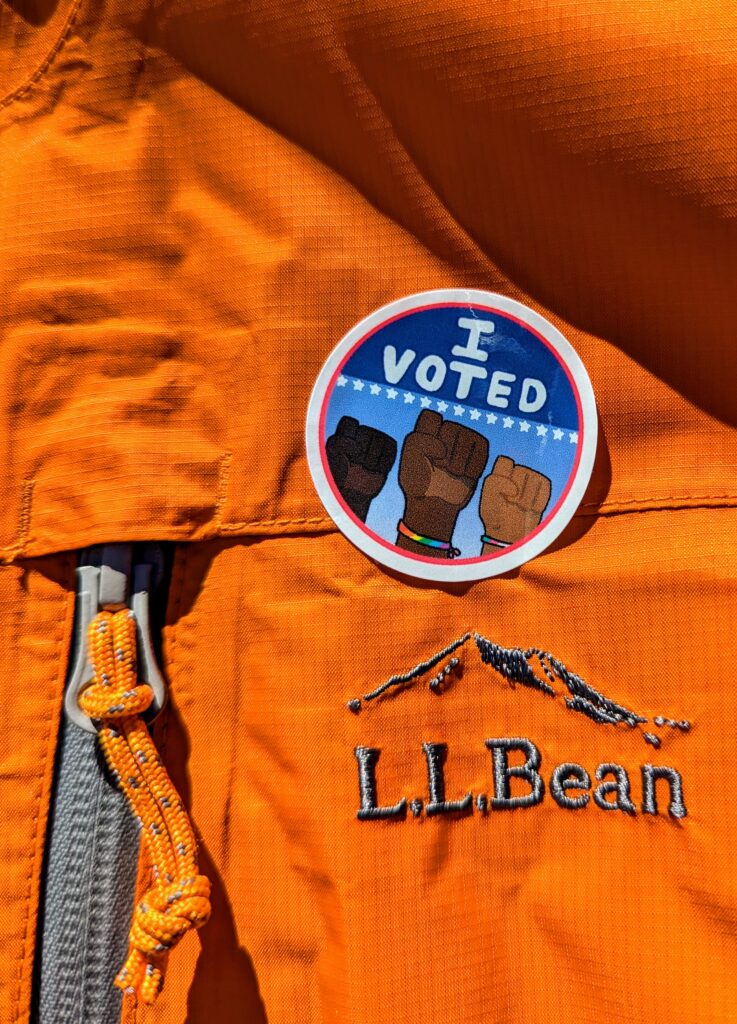I don’t think of myself as someone who wishes ill for others. I genuinely do not wish for anyone to come to harm. But I’m struggling just a bit with schadenfreude right now.
Take, as an example, the wildfires in California. As I mentioned a couple of weeks ago, these fire events were not just entirely foreseeable; they were actually foreseen forty years ago. And yet, there are tens of thousands of people who apparently made the calculation that the views from a house on a hillside at the urban-chaparral interface were so good it was worth taking the risk—and especially so, given that a large fraction of the costs of fighting those fires, and insuring against financial loss, could be spread to other people. People like me.
I think I’m allowed a bit of, “I hope you are enjoying the entirely foreseeable consequences of your choices.”
As another example, take the snow about to hit New Orleans:
By Tuesday, the winter storm will drop freezing rain, sleet and likely several inches of snow onto south Louisiana, including in New Orleans, Metairie, Slidell, Baton Rouge and Lafayette.
I have to admit that when people in red states face an extreme weather event that’s entirely to be expected, a certain part of me thinks, “Well, you could have voted for politicians and policies that would have greatly ameliorated climate change, but you didn’t. Enjoy the entirely foreseeable consequences of those choices.”

And, as a non-climate example, apparently a lot of black and brown male voters refused to vote for Kamala Harris. I suspect many of them will be surprised and saddened by the utterly predictable deportations of friends, family members, neighbors, coworkers, and employees over the next few years. And I will be very sad about that—sad for the people deported and their friends and family, and also about the dreadful police actions that will be required to make them happen. But I hope I will be excused from feeling no sympathy for the bosses who find themselves having to pay up to get workers who haven’t been deported, and very little sympathy for the people who voted for these policies and find that everything they want to buy costs more.
“Welcome to the entirely foreseeable consequences of your actions as well.”



